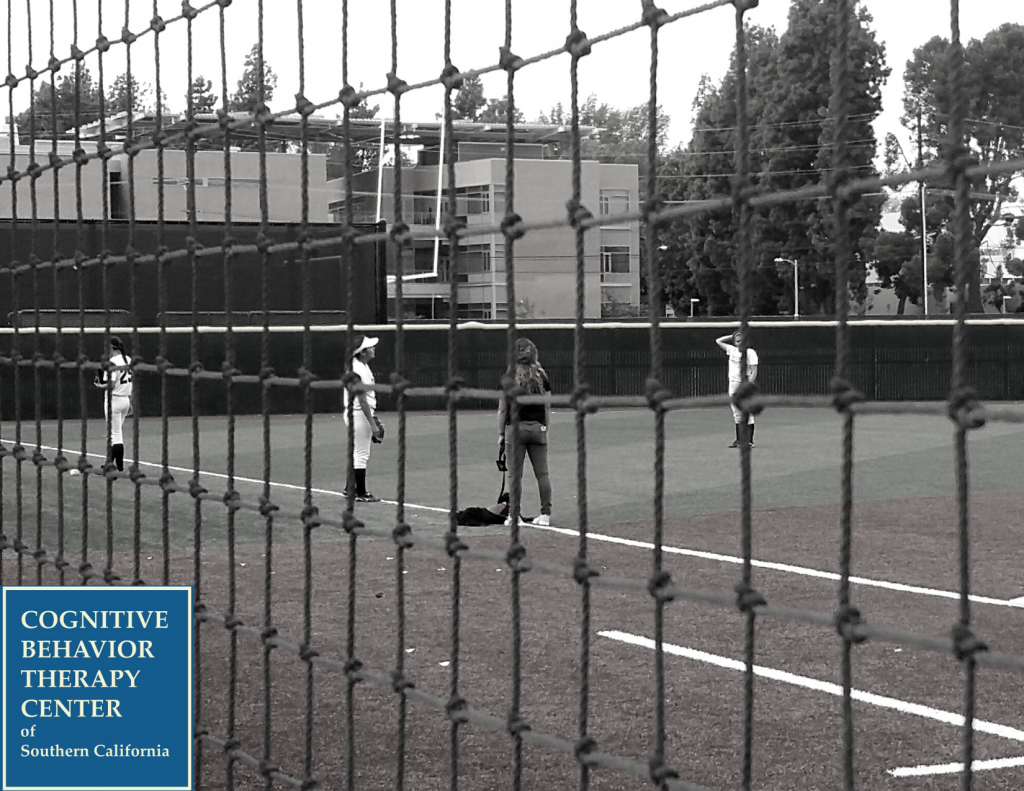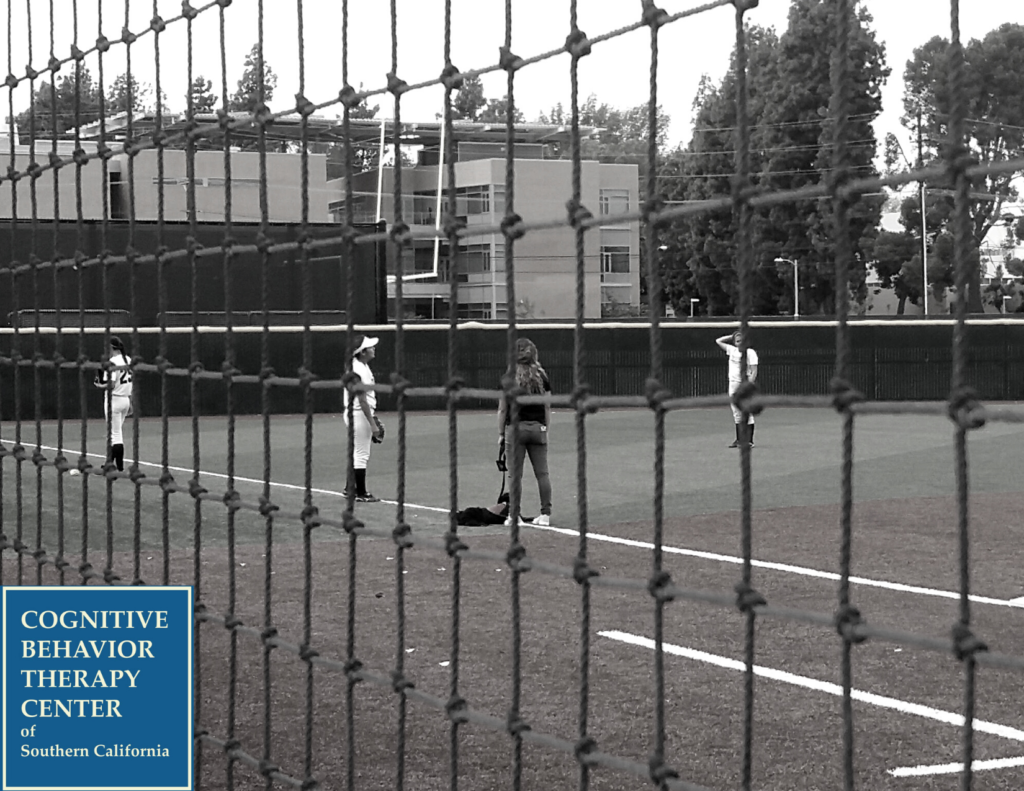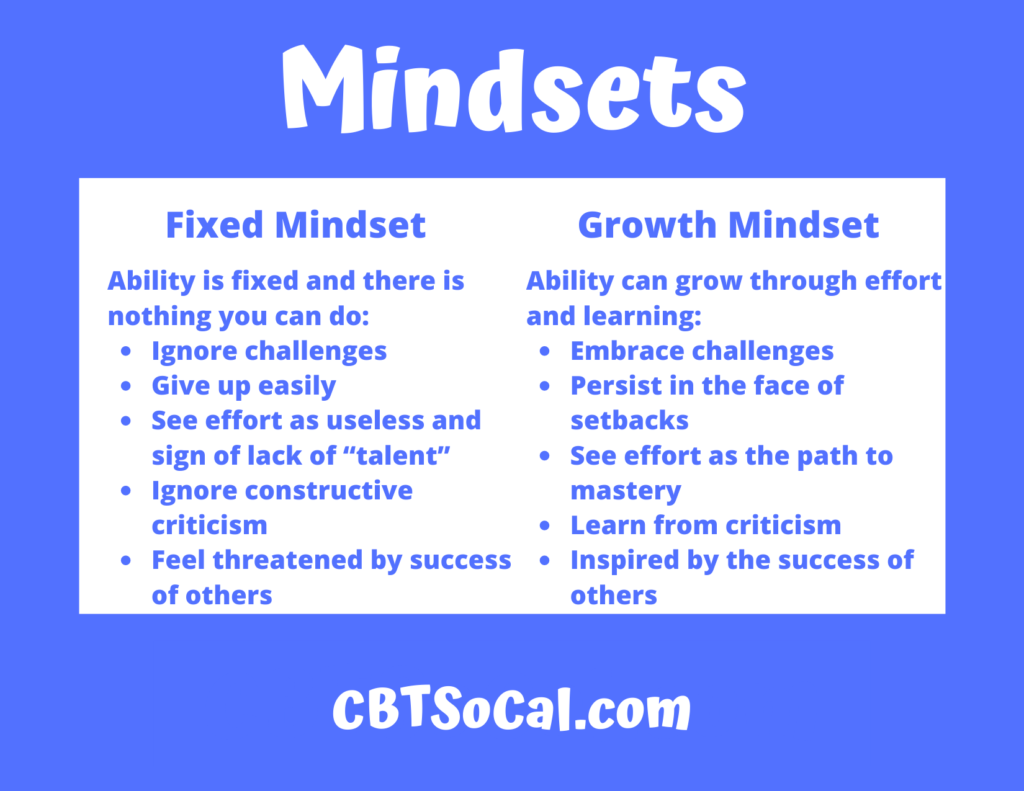Sport Psychology Case Study: A women’s community college softball team in Los Angeles. Part 2. The growth mindset


Community college softball is a physically and emotionally demanding sport under the best of circumstances. Unfortunately, many student-athletes do not compete under the best of circumstances. Many community college athletes compete in their sport while dealing with financial issues, family issues, and other personal stressors, which make competing in a sport exponentially more difficult. In a previous article, I introduced the sport psychology work I did with a Los Angeles community college women’s softball team. The team dealt with a variety of issues including consisting mostly of players with little to no competitive experience. Moreover, the team maintained only 9 healthy players throughout the season, which is the minimum number of players needed to field a team.
What does mental toughness mean to you?
Early in my work with the team that season, I asked each of the players to contemplate why it is that, when facing higher-level competition, some athletes will raise their game and others will give up. The players each discussed the importance of being mentally tough by continuing to give one’s all in the face of adversity. However, what helps athletes to persevere following a setback? This is when I introduced the team to the importance of the growth mindset.
What is the difference between the fixed mindset and the growth mindset?
Research by Carol Dweck, a professor of psychology at Stanford University, finds that, in general, people endorse one of two mindsets: the fixed mindset or the growth mindset. Someone in a fixed mindset believes that ability is a “fixed”entity that cannot change. According to the fixed mindset, someone either has talent in softball or they do not. No amount of training will change this.
This mindset has far reaching implications. For example, if a softball player is in a fixed mindset, and believes that softball talent is a fixed entity, she will wonder whether or not she has talent. Asking this question of herself is likely to lead her to focus on proving that she has talent. This is likely to lead her to accepting only easy challenges that allow her to prove her talent.
On the other hand, someone in a growth mindset believes that ability can “grow” through effort and learning. According to the growth mindset, talent in softball can be gained incrementally through consistent effort and learning. If a softball player is in a growth mindset, she is likely to ask herself how she can grow her talent. This is likely to lead her to seek difficult challenges in order to learn, thereby growing more talent.
These mindsets can affect athletes in many ways. The softball players and I spent time over the course of the season discussing the impact of these mindsets.

Is the growth mindset easy?
It can be very difficult to maintain a growth mindset in the face of constant adversity. Not everyone is fortunate enough to live in a supportive environment. During one team meeting, one of the players asked, “How can I have a growth mindset if people have told me that I am stupid my entire life?” Unfortunately, there was no easy answer to her question. The growth mindset is not a cure-all. Student-athletes facing constant hardship and abusive criticism are likely to need cognitive behavioral therapy. However, a strong support system of teammates with growth mindsets can help. During our team meetings, we discussed the importance of complementing and encouraging learning and effort rather than the person. For example, if a player hears, “You’re awesome!” when they are doing well, they will be more likely to think “I suck” when they don’t do well. However, if they hear, “Great effort! You’re learning a lot!” when they do well, they will be more likely to think that they need to work harder and learn more when things do not go their way. We also discussed the importance of encouraging each other to maintain a growth mindset by asking simple questions such as, “What are you learning?” and “What are you working on lately?” Strategies such as these are simple, but can have a big impact.
In part 3 of the series, I will discuss how I helped the team to bond and work together cohesively. If you are interested in learning more about if sport psychology, conducted online, would be helpful for you then schedule a free phone or video consultation.

Dr. Jason von Stietz specializes in Cognitive Behavior Therapy and Sport/Performance Psychology in Torrance, CA. He provides online therapy (telehealth) by way of the Torrance office and is available for a free initial phone consultation. Dr. von Stietz works with individuals from Long Beach, the greater Los Angeles area, and the South Bay including Palos Verdes, Redondo Beach, Hermosa Beach, Manhattan Beach, El Segundo and all over California.




